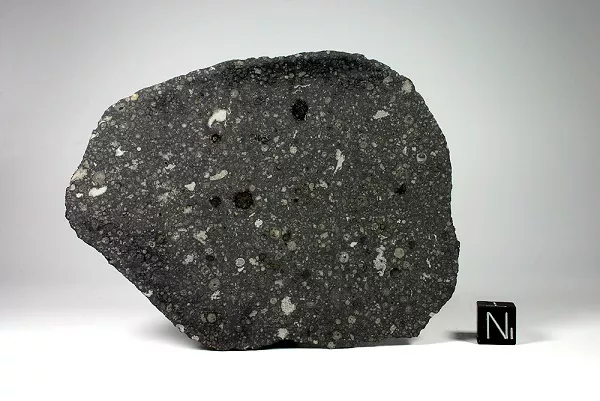The ChETEC-INFRA (Chemical Elements as Tracers of the Evolution of the Cosmos – Infrastructures for Nuclear Astrophysics) project involves 32 institutes from 17 countries, including the ELKH Institute for Nuclear Research (ATOMKI) and the Konkoly Thege Miklós Institute of Astronomy (CSFK CSI) of the Research Centre for Astronomy and Earth Sciences. The project supports research to reveal the origins of chemical elements.
During the program, researchers will study the elemental synthesis that occured following the big bang, in which hydrogen and helium were formed; fusion processes in stars that establish the chemical elements up to iron; and star explosions, in which most of the known elements, from iron to lead, were formed; and also neutron star fusions, from which at least some of the heavier elements are derived (up to and including uranium in the periodic table). The aim of the ChETEC-INFRA project is to create a network of three different types of infrastructure that together provide the capabilities needed to study the above: nuclear physics laboratories will provide data on nuclear processes, which will then be used by supercomputers to perform calculations on various stars, the results of which can then be compared with data provided by telescopes and mass spectrometers.
With the help of a unified web portal, ChETEC-INFRA provides European institutions with access to key national and regional equipment, including telescopes, particle accelerators or supercomputers. This means the project will provide an opportunity for a variety of interdisciplinary studies for which submissions of research plans are awaited, especially from smaller EU countries that do not yet have a tradition of nuclear astrophysics research. In addition, ChETEC-INFRA places great emphasis on the broad dissemination of research findings and the education of young researchers.
Under the project, CSFK CSI researchers will be receive funding to lead the work of the Mass Spectrometry Network in collaboration with the University of Hull, ETH Zurich, the Institut de Physique du Globe de Paris, the University of Vienna and the Helmholtz-Zentrum Dresden-Rossendorf, with the intention of linking computer forecasts to the analysis of the composition of meteorites and earth samples. Incidentally, this is the most innovative task in the project as a whole: due to the completely different methods used in laboratory analysis of material samples and in nuclear astrophysics, the scientific community needs to develop common tools, approaches and good practices in order to exploit all research opportunities.

A slice of the Allende meteorite courtesy of Matteo Chinellato (licensed under a Creative Commons Attribution 3.0 Unported license). No rock on Earth has a comparable structure. The small minerals of different colors visible in the rock were formed in the Solar System a long time ago. Their composition will be analyzed using models of nuclear reactions taking place in stars.
With its cyclotron, ATOMKI will make the project’s highest energy particle beam available to European users through ChETEC-INFRA. As the country's particle accelerator center, ATOMKI provides the infrastructural background for measuring the data required for the project. Transnational Access is a process to strengthen European cohesion, something that played an important role in several previous European H2020 projects. Benefitting from the many years of experience of the Nuclear Astrophysics Group, the institute will participate in specific nuclear measurements and the necessary target developments and tests, and will contribute to the understanding of processes in stars through its own measurement projects.